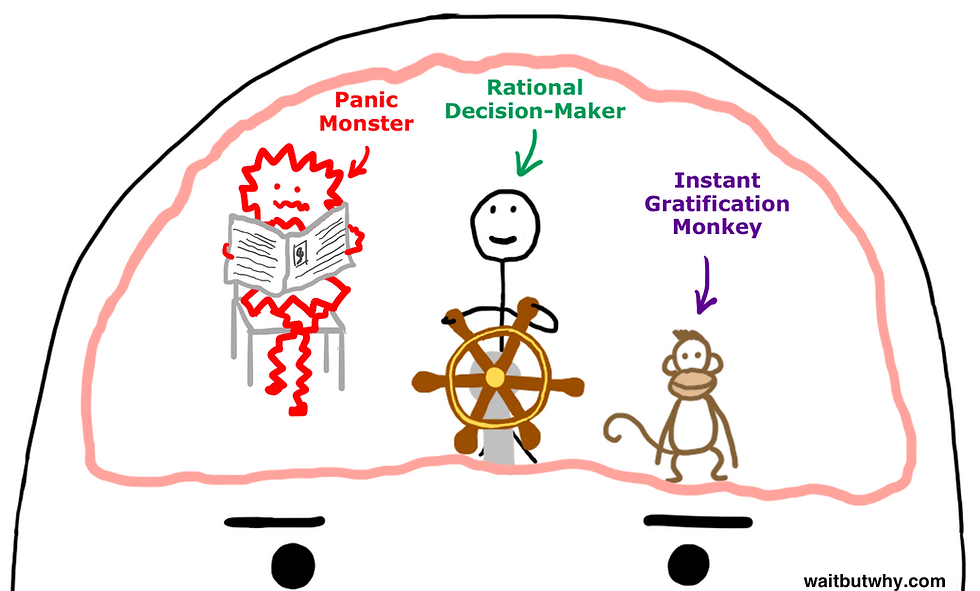Noncommunicable Diseases: A Global Health Crisis
Overview of Noncommunicable Diseases (NCDs)
• NCDs, or chronic diseases, are caused by genetic, physiological, environmental, and behavioural factors.
• Cardiovascular diseases, cancers, chronic respiratory diseases, and diabetes are the main types of NCDs.
• NCDs disproportionately affect people in low- and middle-income countries, where over three quarters of global NCD deaths occur.
People at Risk
• Cardiovascular diseases, cancers, chronic respiratory diseases, and diabetes are the main types of NCDs.
• NCDs disproportionately affect people in low- and middle-income countries, where over three quarters of global NCD deaths occur.
People at Risk
• NCDs affect people of all age groups, regions, and countries.
• 17 million NCD deaths occur before the age of 70, with 86% occurring in low- and middle-income countries.
• Children, adults, and the elderly are all vulnerable to risk factors contributing to NCDs.
Risk Factors
• Modifiable behavioural risk factors include tobacco use, physical inactivity, unhealthy diet, and harmful alcohol use.
• Metabolic risk factors include raised blood pressure, overweight/obesity, hyperglycemia, and hyperlipidemia.
• Environmental risk factors include air pollution, accounting for 6.7 million deaths globally, with about 5.7 million due to NCDs.
Socioeconomic Impact
• NCDs threaten progress towards the 2030 Agenda for Sustainable Development, which includes reducing the probability of death from any of the four main NCDs between ages 30 and 70 years by one third by 2030.
• The rapid rise in NCDs is predicted to impede poverty reduction initiatives in low-income countries, particularly by increasing household costs associated with healthcare.
Prevention and Control
• A comprehensive approach requiring all sectors to collaborate to reduce the risks associated with NCDs and promote interventions to prevent and control them is needed.
• Investment in better management of NCDs, including detecting, screening, and treating these diseases, and providing access to palliative care, is critical.
WHO Response
• The World Health Assembly extended the WHO Global action plan for the prevention and control of NCDs 2013–2020 to 2030 and called for the development of an Implementation Roadmap 2023 to 2030 to accelerate progress on preventing and controlling NCDs.
As said "Prevention is better than cure"
To know best ways to adopt healthy lifestyle click here





.jpeg)




Very helpful
ReplyDelete